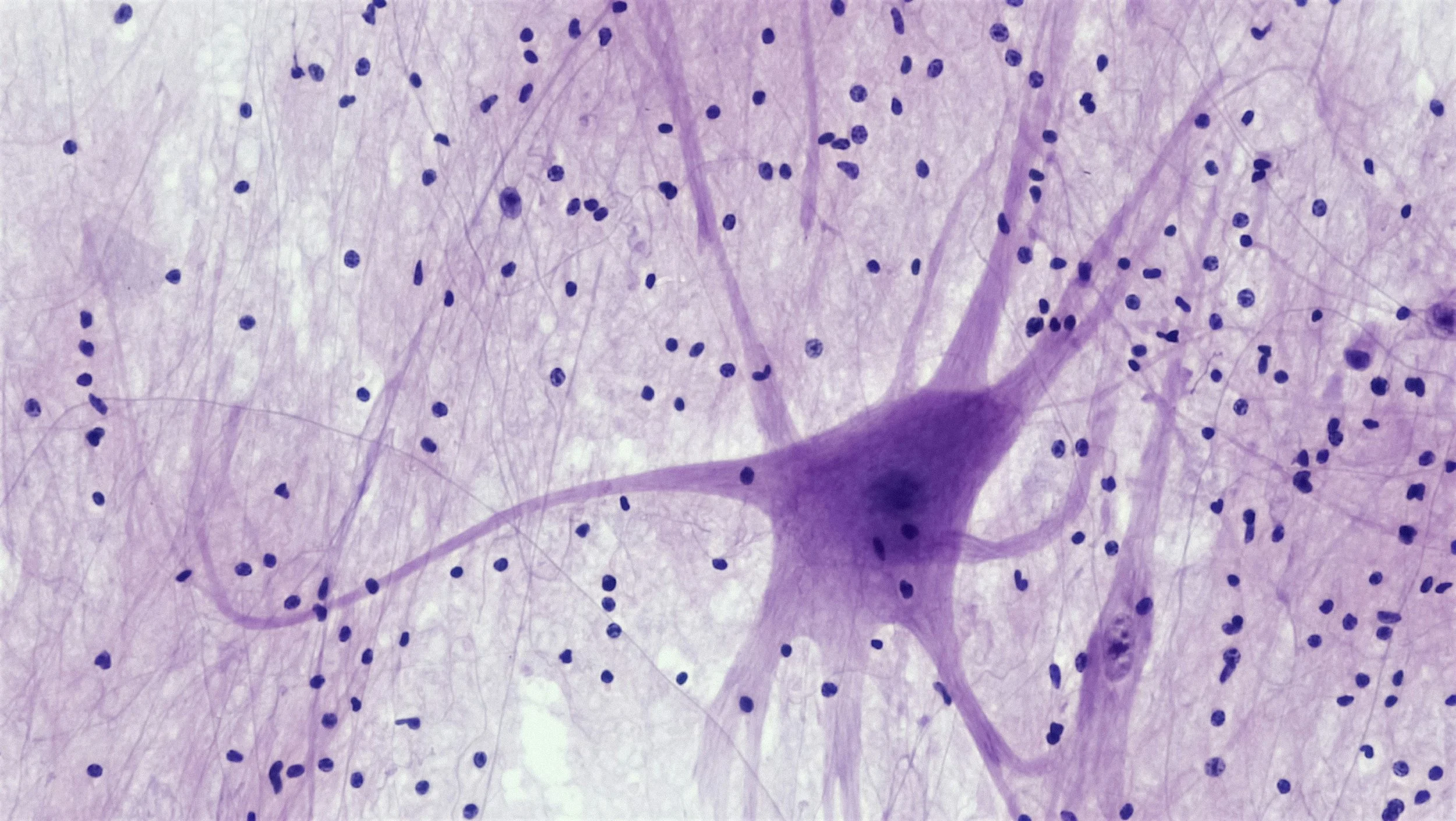How ‘Nesting’ Can Help You Thrive This Winter
Nesting? Isn’t that for expecting mothers?
Most people would agree that traditionally, the term nesting has been reserved for expecting mothers preparing their space for a new baby, or birds gathering materials and building nests to keep their eggs safe. However, one definition of nesting, as seen in Collins Dictionary, broadens the scope of this word - it defines nesting as a way to make a SPACE comfortable, to increase our feelings of safety and control.
This one simple re-frame can support you in meeting your needs this Winter!
Nesting? Isn’t that for expecting mothers?
Most people would agree that traditionally, the term nesting has been reserved for expecting mothers preparing their space for a new baby, or birds gathering materials and building nests to keep their eggs safe. However, one definition of nesting, as seen in Collins Dictionary, broadens the scope of this word - it defines nesting as a way to make a SPACE comfortable, to increase our feelings of safety and control.
Definition found here: https://www.collinsdictionary.com/dictionary/english/nesting
Winter can come with a lot of discomforts - cold, snow (and the work that comes with it), dark days and nights, less activity, and more isolation. It can feel like despite our best efforts, we do not have control over the way that winter affects us. And while it is true that we cannot change Mother Nature, we can make small, sustainable changes to our own environment to help promote safety, comfort, and ultimately regain a sense of control.
Ways to Nest?
You may find yourself asking ‘well, how do I nest if I’m not getting the space ready for a baby? I don’t even know what I would do!
Remember that the goal is to make your space more comfortable for YOU! Think about where you find comfort, and times where you have felt comfortable in your space (or in other spaces). Consider your five senses (sight, hearing, smell, touch, taste) and how you can promote calm and comfort in each domain. When you set up your space to prioritize comfort for your senses, you are nesting.
Examples:
Stockpiling and freezing meals
Adding blankets and cozy textures
Increasing use of alternative lighting, candles and diffusers
Creating a coffee/tea/hot-chocolate station
Reorganizing your pantry/cupboards to reduce clutter and decision fatigue
Ready to embrace the concept of nesting? Here’s a simple 3-Step way to start
ASSESS YOUR ENVIRONMENT
YOU get to decide how you want to build your ‘nest’ in a way that will support you. Just as birds do, you will want to consider what resources and skills you have available to you. Are you great at cooking/baking? Do you enjoy deep cleaning to your favourite podcasts? Are you a crafter? Take stock of the resources and skills you already have, before looking at taking more on.
You will also want to consider what challenges you may face as we enter the winter months. This will help you create a nest that actually sustains you and survives the winter! Are you someone who struggles with the lack of sunlight? Maybe your nesting process will involve adding lighting to your space. Or if you are someone that struggles to make nutritious dinners after work (in the dark!), maybe your nesting process will involve stocking up your freezer with pre-portioned meals or soups.
Once you have completed your assessment, you can start gathering materials and building your nest!
COLLECT & BUILD
Notice how birds don’t wait until they have every branch collected before they start assembling their nest? Instead, it is a gradual process that often involves collaboration. If you are living with others, you may want to involve them in this process! There is no rush to take this all on at once - you can allow your nest to unfold with each tiny addition, and integrate the support you get along the way.
ENJOY & ADJUST
Finally, enjoy your nest! How does it feel, really, to be in it? Which senses are engaged? You may even feel called to journal about your experience.
As you spend time enjoying your nest, notice if there are things that you would like to adjust or add. Just like birds, and new mothers, you will learn with time what is supportive for you and your nest, and what still needs adjusting. This is a natural part of the process and will ultimately help you maintain control and trust in yourself, as you continually identify and meet your needs.
Thanks for reading, and happy nesting!
Summertime Sadness
Lana’s hit song, Summertime Sadness, was not just a fun play on words - it was an accurate depiction of the complexity of emotions that can arise in the summer months. Initially, this might seem counterintuitive, because Summer is synonymous with sunshine, joy, and adventure. We see it in the advertisements and social media posts around us. We feel it in nostalgia for days spent at the beach on school summer breaks. When we feel the warmth of the sun and the open air of possibility, it can feel expansive and energizing. But underneath all of this joy can lie a sadness, an unmooring, and even a feeling of existential dread. You might feel like you can never quite do enough, never quite be enough. On top of these feelings, there is a question: Are you having fun yet?
Lana’s hit song, Summertime Sadness, was not just a fun play on words - it was an accurate depiction of the complexity of emotions that can arise in the summer months. Initially, this might seem counterintuitive, because Summer is synonymous with sunshine, joy, and adventure. We see it in the advertisements and social media posts around us, and we feel it in the nostalgia for days spent at the beach on summer break. But underneath all of this joy can lie a sadness, an unmooring, and even a feeling of existential dread. You might feel like you can never quite do enough, never quite be enough. On top of these feelings, there is a question: Are you having fun yet?
You may already be familiar with the ‘Winter Blues’, or more formally, Seasonal Affective Disorder (SAD), but have you heard of another, less-common variant of SAD; Summertime Depression/Summertime SAD? Just like Winter SAD, Summertime SAD is a type of Major Depression with a seasonal pattern. Summertime SAD has been linked with features such as irritability, anxiety, insomnia, and weight loss, however, is less researched than winter SAD.
What the Neuroscience Says
There are a few suggested reasons as to why summer, and the heat that comes with it, can produce these individual changes in mood and behaviour. Elevated temperatures can stimulate our hypothalamic-pituitary-adrenal (HPA) axis, which turns on our stress response, releasing stress hormones like cortisol, epinephrine and norepinephrine. This ultimately leads to potential dysregulation in neurotransmitters responsible for mood regulation. Prolonged high heat can also affect brain oxygenation and cooling, reducing blood flow to the brain. This means your brain regions that control reasoning and mood can also be affected by reduced blood flow, leading to mood instability. Finally, there is some research suggesting that increased immune responses from allergens could be linked to neurotransmitter levels, linking Summertime SAD with inflammation.
Discomfort in the Melancholy
Whether or not your summertime sadness is severe enough for a SAD diagnosis, there are many of us that can relate to the feeling of melancholy in the summer. While changes of routine, a lack of sleep, and everyday challenges may influence why these feelings are coming up for you, I have a few musings about why there is so much discomfort when they do arise.
The Contrast Between Your Inner and Outer World
You wake up in the morning to the sun peaking through your blinds, while the sound of birds chirping slips through your open window. You sit up in bed and notice the beautiful day unfolding outside. Inside, you feel a pang of emotion. You’re not quite sure why it’s there, or how to name it. Is it sadness, loneliness, emptiness? Something else?
You want to rush the feeling away. Feeling so blue, so heavy, and so dark on a day that is so bright, feels wrong. The contrast between your inner and outer world is so stark that it feels incongruent, and it can feel isolating, too. Like the whole world is rejoicing in the sun while you suffer alone.
I want to reassure you that you are not alone in feeling this way, and that it makes sense. However, ignoring the melancholy and sadness that arises in these moments can result in your system feeling even more shamed and isolated. Instead of rushing to get back in alignment with your outer world, take some time to get to know this inner experience. What is it trying to communicate? What does it need from you, if anything? Sometimes, these feelings just need to be heard. The more your inner experiences feel heard, understood and supported, the more trust you will develop in yourself and your emotional resilience.
The Deception of Social Media
Despite the advertisements and social feeds showing people having endless amounts of fun and adventure in the summer sun, nobody can be happy every moment of every day. It is important to remember that these are highlight reels, rather than complete realities. You may have seen the picture-perfect camping trip your friend took with her partner, but what you didn’t see was their blowout fight while packing, or the fire that wouldn’t start, or the bugs that plagued them at sundown. You saw your cousin’s epic solo European tour, but what you didn’t see was the breakup that led him there. The pain he still feels thinking of his ex.
Remember that complex feelings and pain are part of the human experience, alongside joy and wonder. Just because you only see someone's joy, does not mean they aren’t also experiencing pain. And the same is true for you, inversely - just because you’re feeling pain, does not mean that you cannot also experience joy.
Scarcity Mindset and the Fear of Missing Out (FOMO)
There are a limited number of weekends that make up our summers. This is one reason why summer can feel so special, but it can also lead to a feeling of scarcity. The feeling of scarcity surrounding time in the summer is especially pronounced for those of us living in a temperate climate, where there are only a few months of the year where we can take advantage of some of our favourite summer activities. While it can be healthy and important to take advantage of social and recreational activities, it is also important to remember that you are still only human, with real human needs for rest, nutrition, movement, and reflection. While you may get FOMO when you have to turn down an invite for a patio drink, or that pickleball tournament, it is important to keep in mind that you can’t do it all - nobody can.
Remember to prioritize your wellness and the things that matter most to you! Feeling sad in the summer can feel like you are wasting precious time that could otherwise be spent having fun. There can be a sense that if you accept these feelings of melancholy, you won’t be able to show up in the same way and let joy in. As with all things in life, it is important to find the right balance for yourself - a balance where you can honour what is coming up for you, meet your needs, and find time for joy in the midst of it all.
Moving Forward
The next time your Summertime Sadness shows up, get curious and see if you can figure out what it needs. Maybe it’s an invitation for you to slow down, to reflect, or to connect with others who can support you. Most importantly, remember that you are not experiencing these feelings alone. Summer can be a joyous time of year, but that does not mean it is free of sadness, and that’s okay.
References
Leffer, L. (2024, July 3). Summertime sadness could be a type of seasonal affective disorder. Scientific American. Retrieved July 9, 2025, from https://www.scientificamerican.com/article/summertime-depression-could-be-a-type-of-seasonal-affective-disorder/?utm_source=chatgpt.com
Shidhore N, Mangot A. Sunshine and Sadness: A Case Report on Summer Season Depression. Cureus. 2024 Dec 5;16(12):e75190. doi: 10.7759/cureus.75190. PMID: 39759719; PMCID: PMC11700541.






